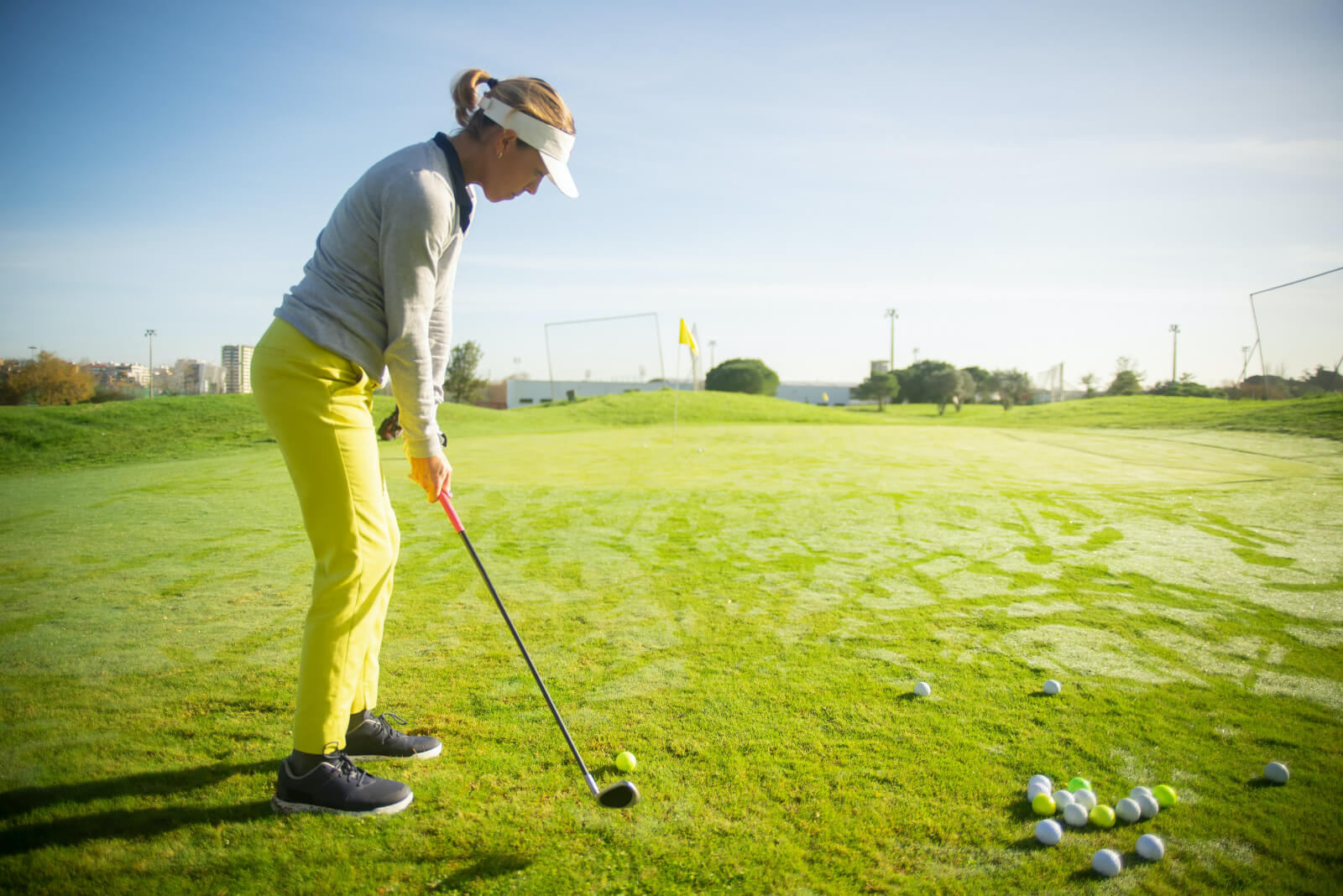Pamela had always loved playing 18 holes of golf with her friends on Wednesdays. She also enjoyed doubles tennis on Tuesdays and Saturdays. Then, Pamela started having constant symptoms of tennis and golfer’s elbow. Raising her morning coffee mug caused sharp pains in her right arm and elbow.
Her doctor diagnosed tendinitis of the elbow, or “tennis elbow”, or lateral epicondylitis. He advised high-dose ibuprofen before every game. However, over 6 months the pain worsened. Pamela had to completely stop playing tennis. She had heard about the success of prolotherapy and PRP for tennis elbow from her teammates, but put it off because at least she still could play golf.
She increased her golf to two rounds a week. However, in four months her diagnosis was medial epicondylitis, or golfer’s elbow. Her doctor prescribed physical therapy. She tried to continue golfing even though she could barely grip the club. She developed an upset stomach due to months of high dose ibuprofen. The physical therapy was expensive and not helping. Pamela learned about prolotherapy, also known as regenerative injection therapy. She became curious about getting PRP for her elbow.
“Unlike muscle tissues, exercise does not build, strengthen or repair ligaments or tendons”
The term epicondylitis describes a painful inflammation of the bony projections on the medial and lateral sides of the elbow. The epicondyles serve as the attachment points for the muscles and ligaments of your arm. Repetitive strains easily occur with tennis and golf. Tendons and ligaments become sprained and weakened with fraying and thinning of the connective tissue. This connective tissue has a rich network of nerve endings, as anyone experiencing the pain of tennis and golfer’s elbow can attest. Unfortunately, these tissues have poor blood supply which makes them slow to heal. Unlike muscle tissue, exercise cannot build, strengthen or repair ligaments and tendons.
“Experiments have shown prolotherapy increases the size of tendons and ligaments up to 40%, while increasing their tensile strength by as much as 200%.”
How can PRP prolotherapy strengthen tendons and ligaments weakened by tennis and golfer’s elbow?
Prolotherapy induces the growth of healthy new connective tissue that is strong and flexible. Once the ligament or tendon has been repaired, the nerves are no longer stretched or irritated and normal function follows. Experiments have shown prolotherapy increases the size of tendons and ligaments by up to 40 percent, while increasing their tensile strength by as much as 200 percent.
The elbow: a versatile joint
Examination made it clear the attachment of the radius bone at the elbow was inflamed and unstable. The common flexor tendon insertions were inflamed. The ligaments stabilizing the joint and tendons to control this movement must be strong enough to support the great forces exerted on the arm. They also must be elastic enough to allow the flexibility and full range of motion we enjoy.
Swinging a golf club or tennis racket exerts extra strain on your forearm
Swinging a golf club or tennis racket places extra strain on the flexor muscles of the forearm. The weak link is where these muscles and ligaments anchor into epicondyles. Injury at this attachment is common in tennis and golfer’s elbow. This same repetitive strain occurs in many other activities. Hairdressers, gardeners, kayakers and windsurfers are all susceptible to repetitive strain of these tissues.
At her first treatment, I injected a proliferative solution of PRP and a local anesthetic into her incompetent ligaments. I also recommended physical therapy consisting of sine wave, deep massage and ultrasound to enhance circulation and help dissolve the chalky calcium deposits that accompany the chronic inflammation of tendonitis. After 3 weeks of rest, the prolo injections were repeated. Pamela played her first pain-free nine holes of golf 3 weeks later. She also resumed playing tennis. The results have been durable; 5 years later Pamela continues to play golf and tennis without pain.
The joy of playing tennis and golf with friends is priceless. For more information on prolotherapy and how you can be helped, give us a call at 503-636-2734.
Dr. Noel Peterson, ND, DAAPM, is the founder and medical director of Oregon Regenerative Medicine.
Photo by Kampus Production on Pexels



